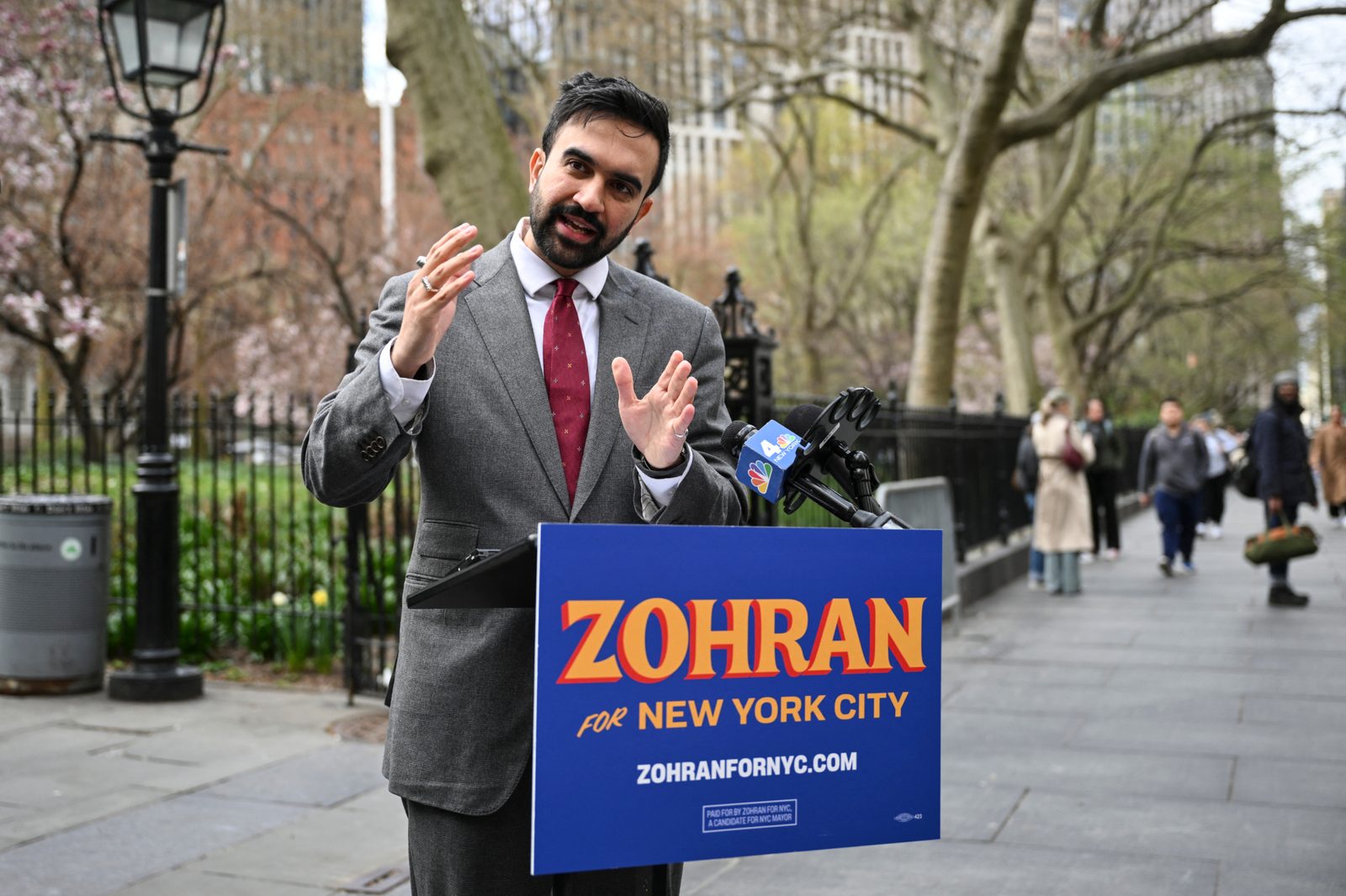Occupational licensing has long been criticized as a barrier to entry for many industries, protecting existing practitioners from competition and raising prices for consumers. However, recent developments in California and Canada demonstrate that the dangers of occupational licensing may go beyond just economic consequences and may pose a threat to free speech.
In Canada, psychologist and cultural commentator Jordan Peterson has found himself at odds with the Ontario College of Psychologists, the professional body that regulates the behavior of clinical psychologists. No matter your views on Peterson, the actions of this body should be scrutinized.
The college has demanded that Peterson submit to mandatory “social-media communication retraining,” citing tweets and columns in which he criticized Justin Trudeau, prime minister of Canada, and retweeted comments by the head of the opposition Conservative Party. Peterson has refused to comply and is seeking judicial review.
The actions of the College of Psychologists could appear to be violations of Peterson’s freedom of speech, and unfortunately, a similar precedent may be in the process of being set in the United States.
In California, a new law, AB 2098, gives the state unprecedented control over what doctors can say to their patients about COVID-19. Under the law, physicians can be punished for sharing misinformation about COVID-19 with patients, with misinformation defined as advice “contradicted by contemporary scientific consensus.” This means that mere disagreement with the authorities, not explicit fraud, can result in punishment for physicians.
The American Civil Liberties Union chapters of Northern California and Southern California have filed a brief seeking a preliminary injunction against the law, stating that “physicians can be, and historically have been, disciplined for committing medical fraud, prescribing medically inappropriate treatment, and failing to provide patients with material information to make informed choices.” However, a federal judge has refused to block the law, stating that regulation of medicine generally applies to conduct rather than speech.
This law could be theoretically viewed as a violation of physicians’ freedom of speech and has the potential to stifle dissenting opinions and alternative treatments. It also could set a dangerous precedent for the regulation of speech in other industries.
It’s clear that occupational licensing is not only potentially detrimental to the economy, but also poses a danger to free speech. The actions of the Ontario College of Psychologists in Canada and the passing of AB 2098 in California are examples of how regulatory bodies can use licensing as a weapon to enforce conformity and silence dissenting voices.





